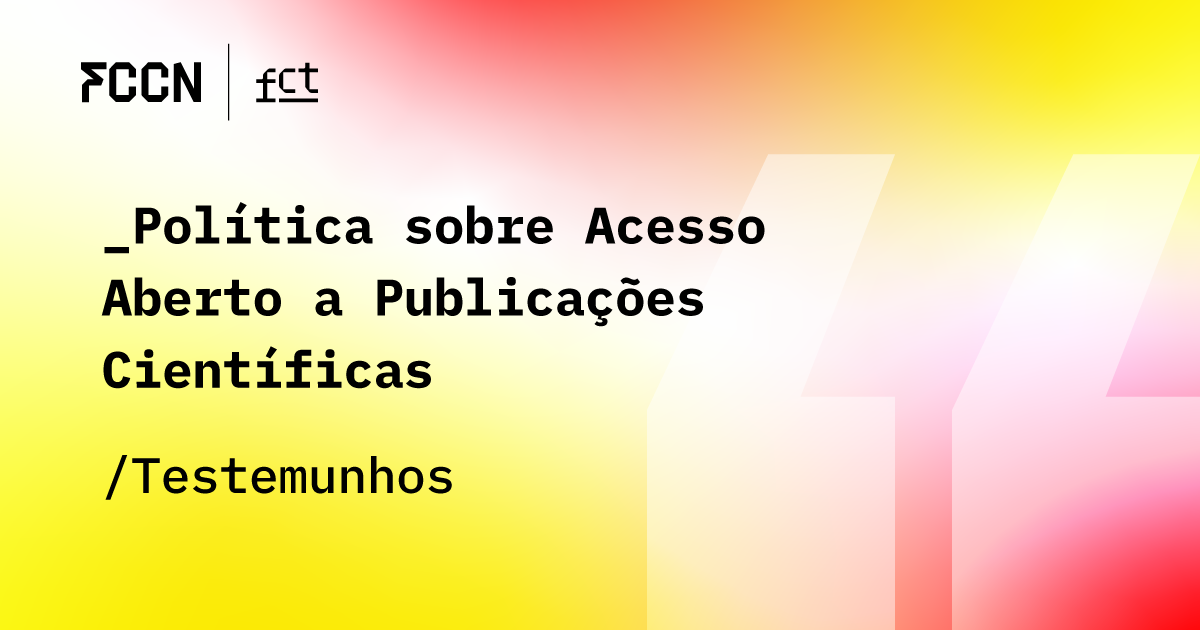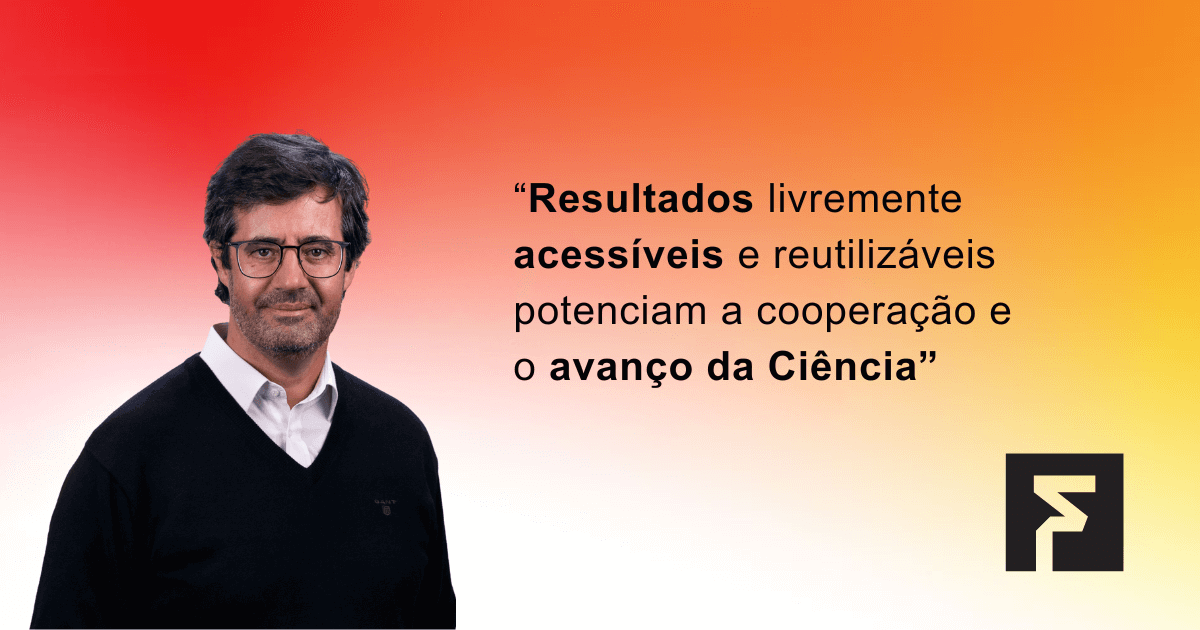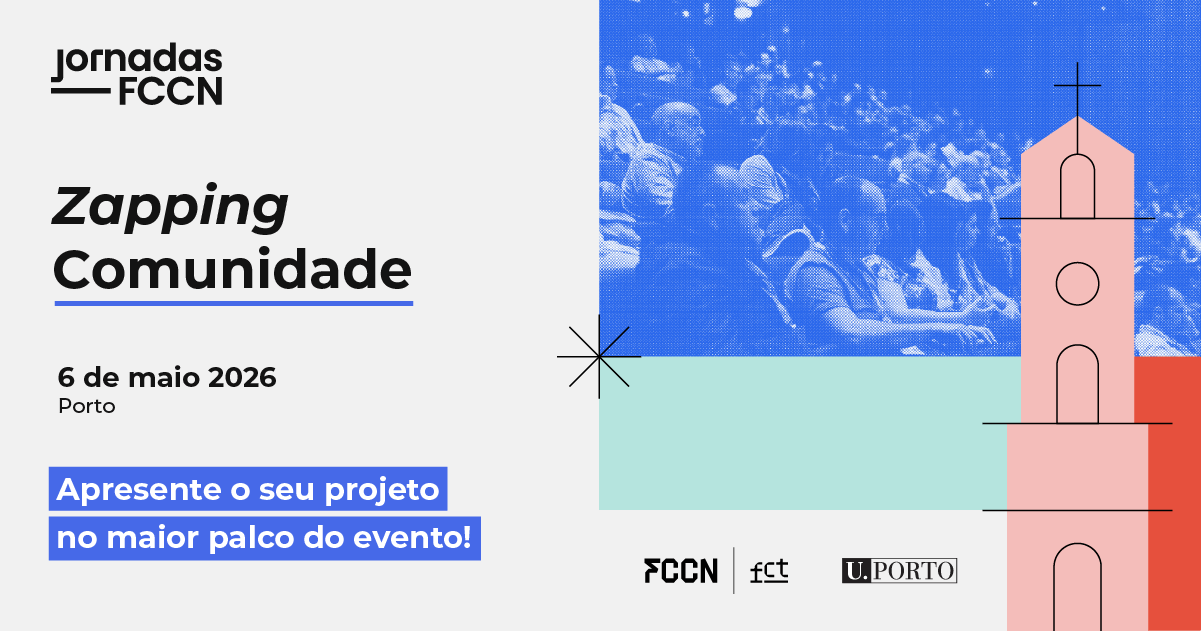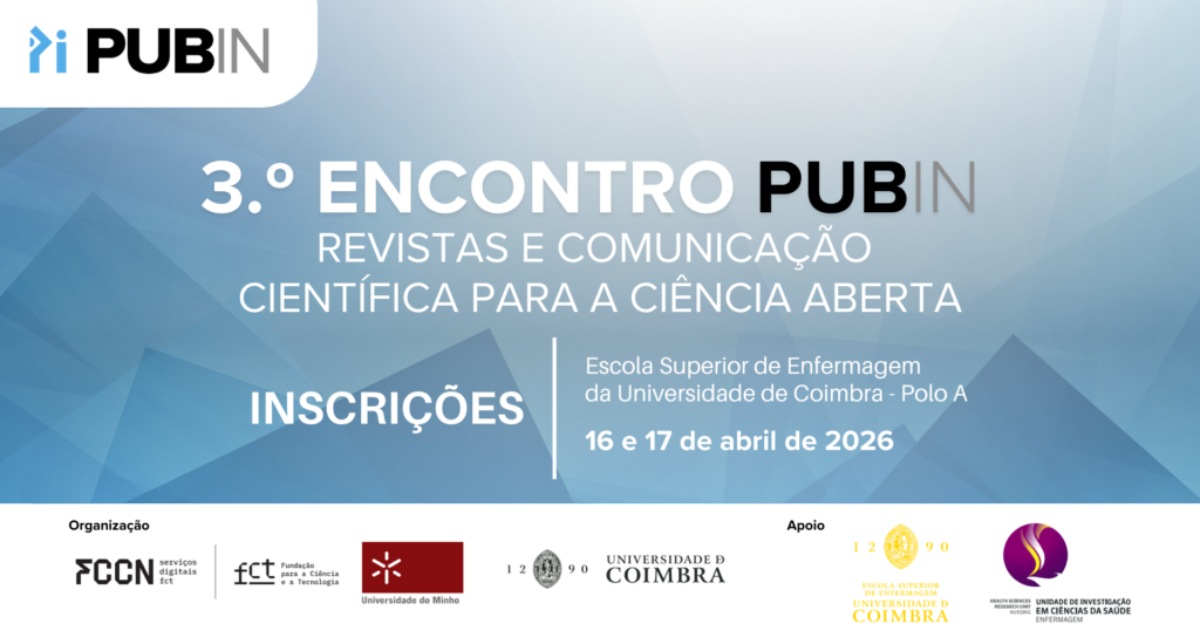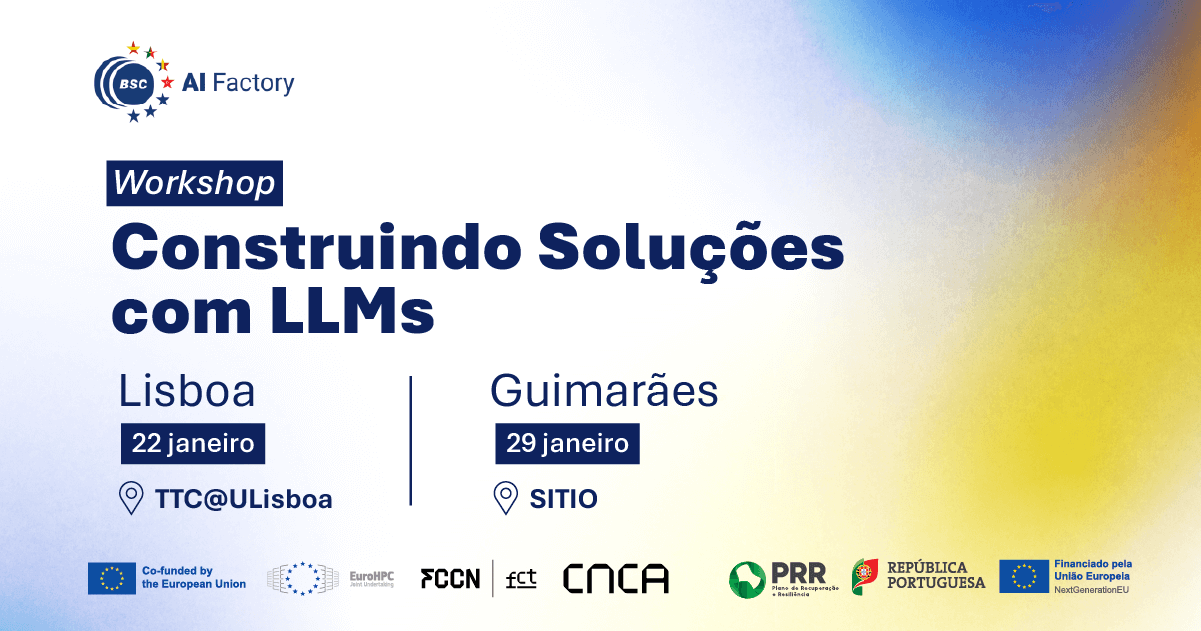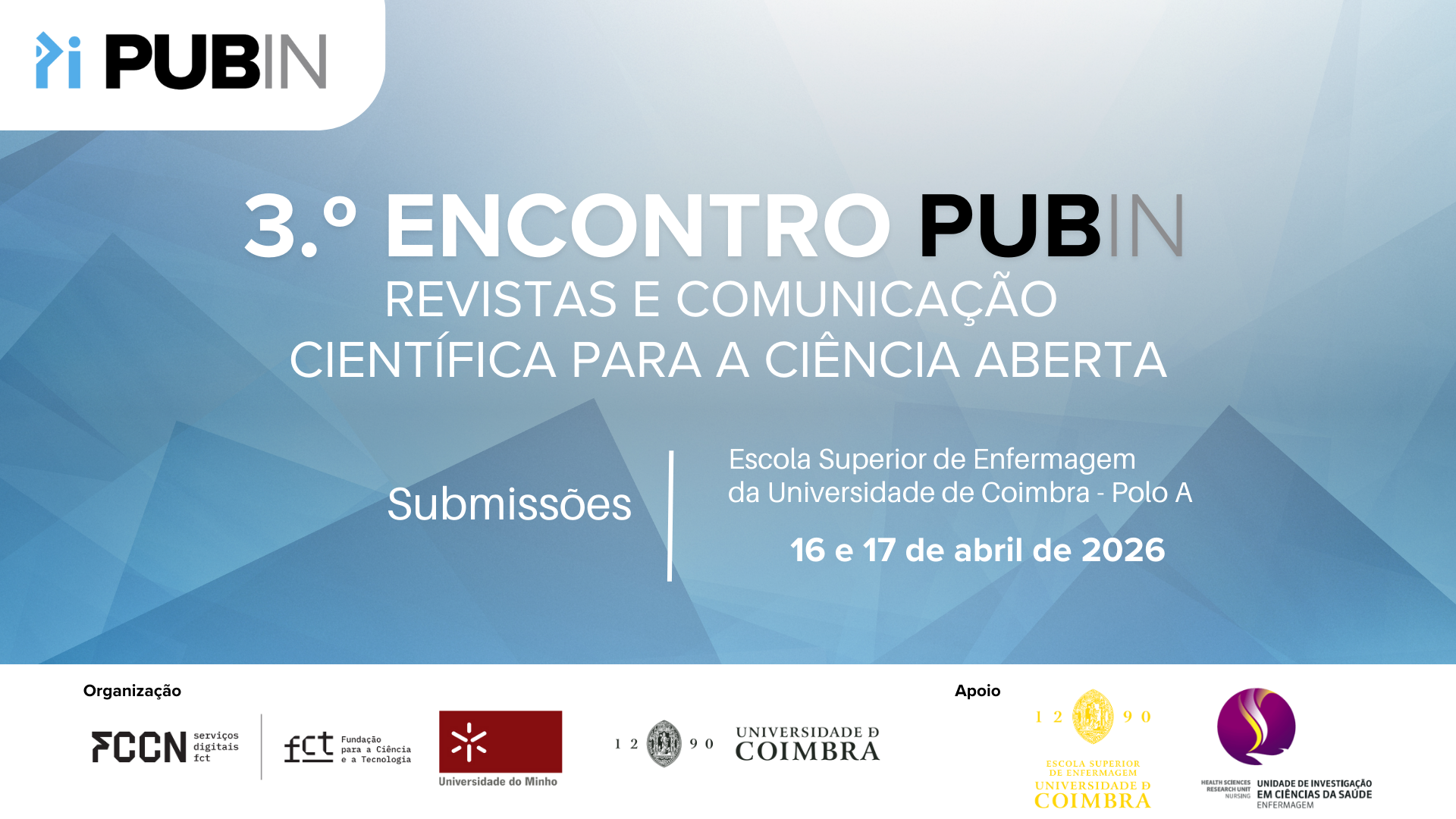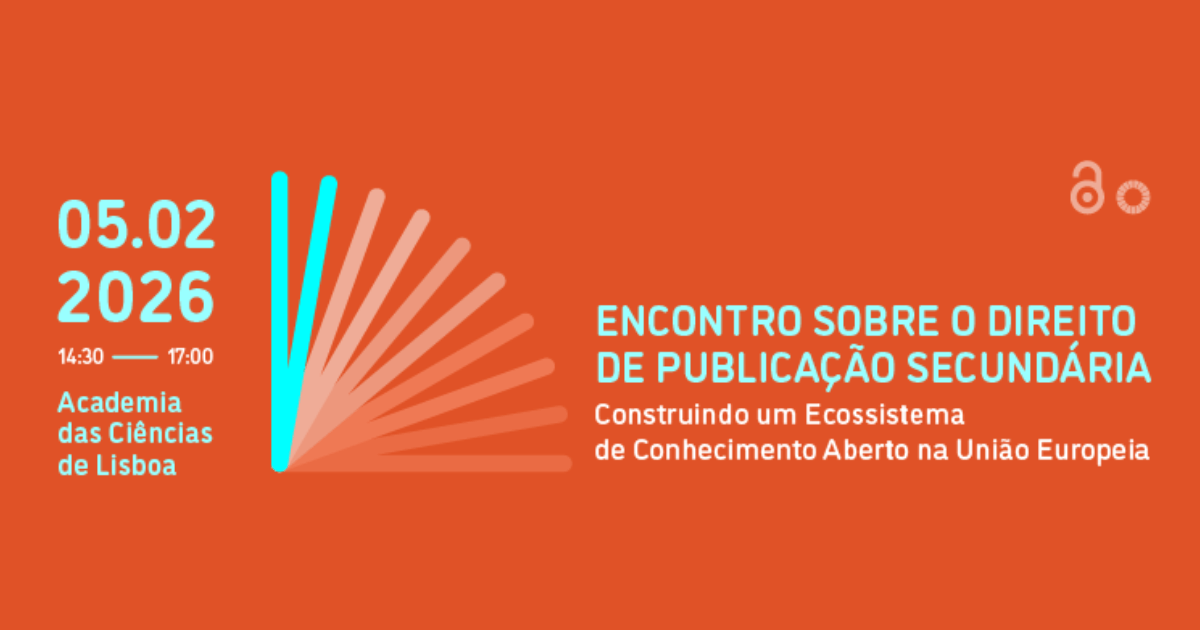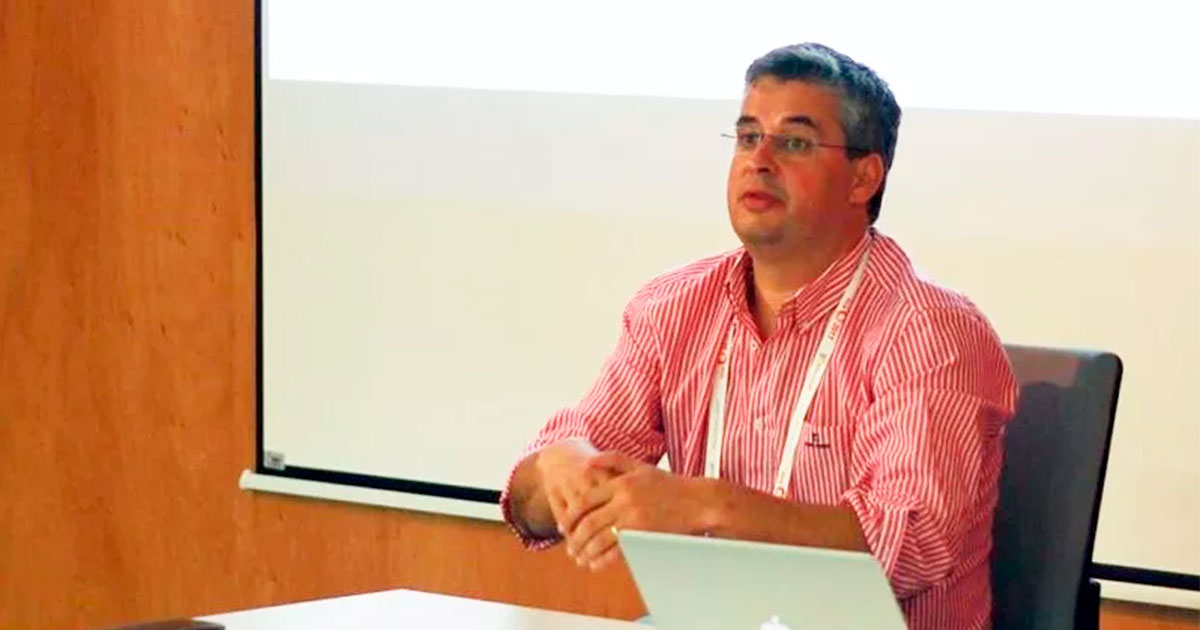
The head of UTAD's IT and Communications Services, António Rio Costa, highlights the role of the Scientific Computing Unit in “collaboration and cooperation in higher education”.
How important is our infrastructure to the performance of UTAD's activities and mission?
In pursuit of its mission, UTAD aligns with the FCCN Unit's mission and strategy, providing a digital research infrastructure across all areas of knowledge and covering the entire country. Through the FCCN Unit, it provides services to the academic community through a high-performance network.
In this way, the FCCN Unit ensures that UTAD has the necessary communications, knowledge and advanced digital services requirements that allow UTAD to be on the path to becoming a more cohesive, collaborative, connected and competitive university.
Are there any specific projects that utilize this infrastructure? If so, how do you assess its performance?
There are several projects that UTAD uses, with emphasis on, in the area of collaboration, projects such as Colibri or, more recently, the project NAU. In the areas of security and authentication, we participate in initiatives promoted by RCTS CERT or in the projects RCTSaai. In the area of connectivity, UTAD will soon be the target of an intervention to reinforce connectivity through the project RCTS100. I also highlight the participation in the pilot cloud experimentation projects, with UTAD, through the agreement GEANT Cloud Services, the implementation of GEANT cloud services has begun. These projects are just a few examples that demonstrate the importance of the infrastructure provided to UTAD. Obviously, we are highly satisfied and eager to continue participating and collaborating.

From a service perspective, which ones have proven particularly useful within your business? Why?
All the services provided are particularly important and useful in each of their pillars of operation. There are services provided within the scope of security (such as access to digital certificates through the services) RCTS Certificates). In the field of knowledge, the knowledge access services provided by b-On They are important and extremely useful in different areas. It's very difficult to single out one in particular. The benefits that institutions derive from access to the various services that the FCCN Unit provides to the community are very difficult to measure, due to their critical importance.
What are the next steps you envision, within the scope of UTAD's collaboration with the Unit?
As mentioned above, UTAD eagerly awaits the strengthening of its connectivity, thus enabling our institution to become more and better connected. This will enable access to and participation in new areas of research. Thus, we hope to soon have equal opportunities for collaboration and participation in international projects with high connectivity and computing requirements.
It would also be interesting for the FCCN Unit to rely on UTAD to enhance the creation of distributed or virtual digital research infrastructures. Other projects we are investing in focus on taking academia outside of the campus, placing "eduroam" access points in the region to facilitate access for students and researchers. Not to mention security and authentication.
Is there anything you would like to add?
The FCCN Unit is, in my opinion, a focal point for collaboration and cooperation in higher education. It is in this Unit that institutions like UTAD often find the support, help, and advice they need to bring their projects to fruition. This function is, in many cases, far more important than the services that are formally provided.
